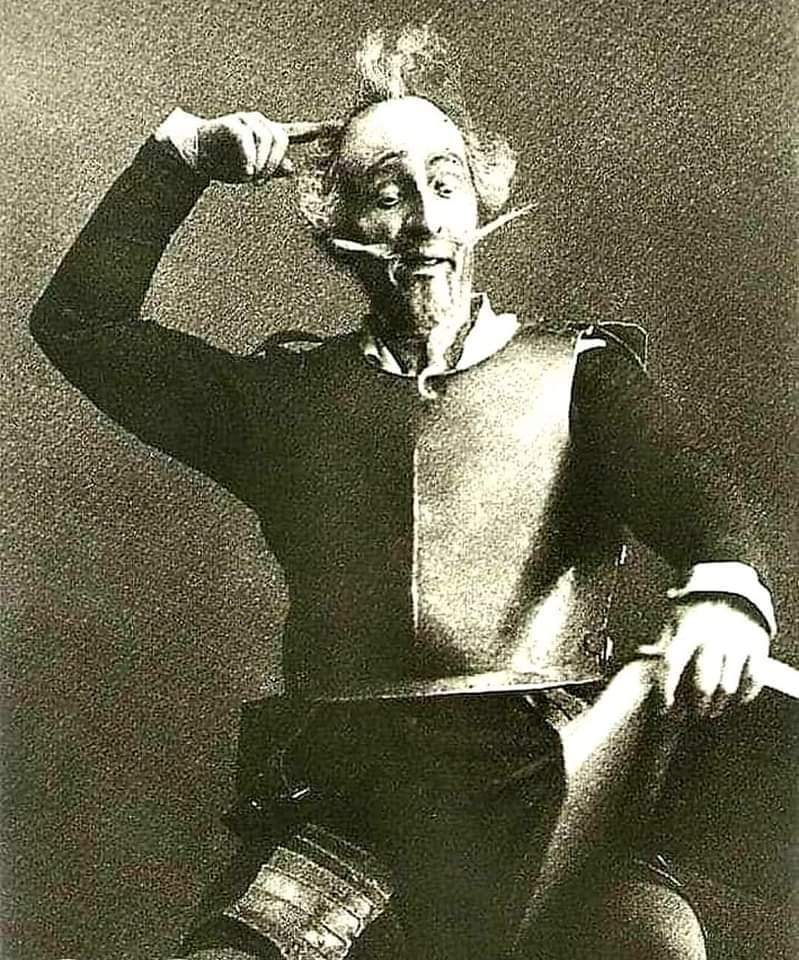The Spanish voters are divided, as in most other countries where one is legally allowed to have an opinion, into the four blocks of far-left, left, right and far right. Even the small regional parties must march to this drum, while tending towards supporting the socialists in government (simply because the conservatives would consider their dissolution).
The old Ciudadanos party, which toothily claimed to be a centre party, was proved to be a crutch for the right, and it also showed us – once again – that no one wanted to be in the centre anyway.
My take is that the far left is, as always, too busy squabbling amongst themselves to ever get together to achieve much. They famously did it prior to and during the Civil War and (after being understandably quiet for the next forty years) haven’t achieved all that much since. The Conservative Media, the Judiciary, Church and Establishment all put a stop to their brightest star Pablo Iglesias – he of the ponytail – through lies, innuendo, bulos and lawfare.
In the socialist seats (a party with a lot of corruption cases in its history, particularly from Seville), another strong and intelligent man has risen to take the helm. He is truly a statesman and is well-considered in Europe, if less so here in Spain. Nevertheless, Pedro Sánchez and his government has done surprisingly well for the economy (rarely a strong point with the lefties) and is – compared with the other party bosses – the captain in the popularity stakes.
On the right, we have the party of Capital. Yet, they have a weak leader who is more prone to pointless attack than to mounting any useful opposition. The Right must defend the economy (and profits), but the economy is doing just fine. Could the PP do better in this important sphere? We remember the last time they were in power.
Alberto Núñez Feijóo’s party recently voted against the increase in pensions (no doubt in a gesture towards fighting against rising costs) and promptly got a Black Mark from Spain’s better than ten million pensioners, and was obliged to reverse course in a second vote just a week later. The point of chastising the government is not always going to play well with the ordinary folk queuing up outside the bank or the employment office.
The chances are good that Feijóo will anyway soon be deposed in favour of Isabel Díaz Ayuso or possibly Juanma Moreno (both currently nursing some problems of their own).
If supporters of the Partido Popular tend to think more of their wallets than they do of mine, then the Vox crowd have a different and far more negative agenda based on hatred, fear and jealousy. This party, which has a soft spot for General Franco (and his international equivalents today), is slowly growing in popularity and now stands at around 15% in the polls.
If the ragbag of far-left groups must support the PSOE to keep the wolf from the door, then the Voxxers will be vital in any future election to putting the PP into power, and their price will be high.
Right now, a small but symptomatic headline comes from a tiny village in the forgotten province of Zamora. It appears that no one has given birth in Vega de Villalobos in the last eighteen years, but now everyone there is thrilled by a Happy Event. The ninety-one residents of the village are said to be delighted.
But then a Vox deputy called Rocio de Meer (a good old Spanish family name if ever there was one) wrote on Twitter last week, as one does, complaining as usual about the foreign immigrants and to make her point she refers to the birth of the Vega de Villalobos child saying: ‘The future of Spain is dark’. See, the baby’s name is Ayoub (and not, I don’t know… Manolito). Worse still, she received 10,000 ‘likes’ for her efforts. The parents may be integrated, but they are still newcomers.
The leader of Vox is Santiago Abascal. He is also the president of ‘the Patriots for Europe’ clique in the European Commission and he has just held an international far-right fest in Madrid, with all the usual suspects in attendance, including Viktor Orban, Marine Le Pen, André Ventura, Matteo Salvini, Geert Wilders and Kevin Roberts, president of the sinister American Heritage Foundation (the ‘Project 25’ people).
Donald Trump received suitable adulation from all those present (as Europe waits for his tariffs to kick in).
The phrase Make Europe Great Again appeared on the rostrum during Vox’s ‘Cumbre de Patriotas’ (celebrating the utopian and largely fictionalised past of our continent, or are we thinking of Mussolini and his partners of ninety years ago?).
Apart from the music, I can’t think of a time when Europe was greater than it is now.
Thus Spain has its four political groups (plus some small and eccentric satellites). As for the large number of foreigners living in this marvellous country, 6,800,000 of us, well we don’t have the vote and, sad to say, we don’t count for much with the politicians.
Unless we misbehave of course.
Or have a baby.